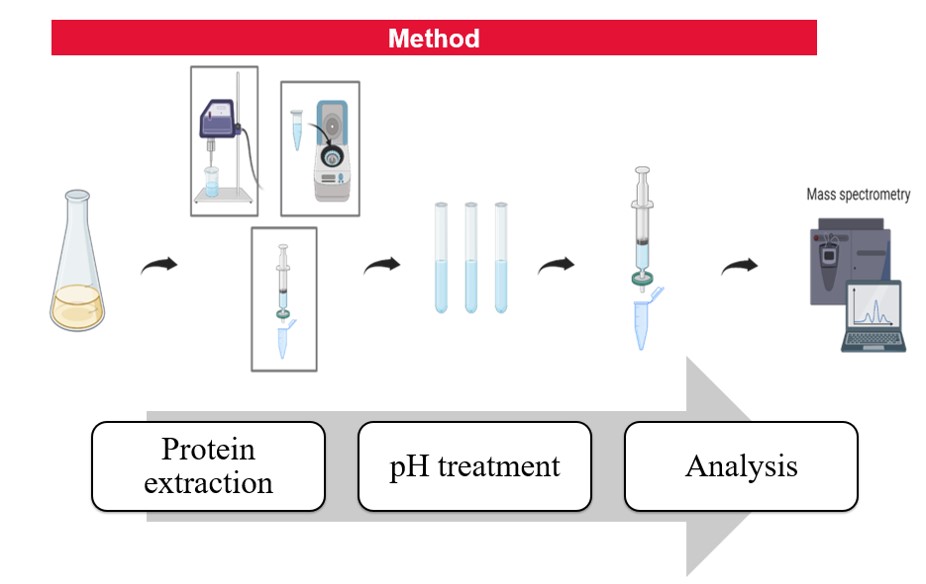2024 AIChE Annual Meeting
(174y) Enhancing Microbial Robustness: Proteomics-Guided Assessment of Enzyme Stability
Microbial cell factories have revolutionized the production of various chemicals, medicines, and fuels. Despite significant progress, challenges persist at the industrial scale, where high temperature, low pH, and solvent toxicity can significantly reduce productivity. The relatively narrow range of possible operating conditions for microbes limits the economic viability of many biomanufacturing platforms. Therefore, there is need for the development of tools and strategies that can expand the possible range of operating conditions for microbial growth. The viability and performance of cell factories require sufficient activity of a variety of enzymes and proteins that drive metabolism and maintain homeostasis. While there is extensive knowledge of the relationship between temperature, protein sequence and protein stability, other industrially-relevant inhibitors such as acidity and solvent toxicity are vastly undercharacterized. Here, we focus on characterization of a protein’s structural sensitivity to low pH. In order to learn more about enzyme pH sensitivity and potentially identify enzymes that potentially lose function at extreme pH values, we employed a mass spectrometry-based proteomic approach to identify candidate proteins for replacement. These focal enzymes are then prioritized for sequence adjustment to decrease sensitivity. Similar to temperature stress, acid stress causes proteins to denature and become insoluble. A decrease in protein abundance in the aqueous phase following acid treatment is evidence of pH sensitivity. For our investigation, we subjected whole-cell lysates from Escherichia coli MG1655 to treatments at pH 7.0, 5.5 and 5.0, followed by analysis using Q Exactive Tandem Mass Spectrometry (LC-MS/MS). We identified central metabolic enzymes with evidence of pH sensitivity, as explored with additional enzyme assays. Our methodology for identifying proteins sensitive to acid stress holds promise for investigating other stressors particularly solvent induced toxicity.


